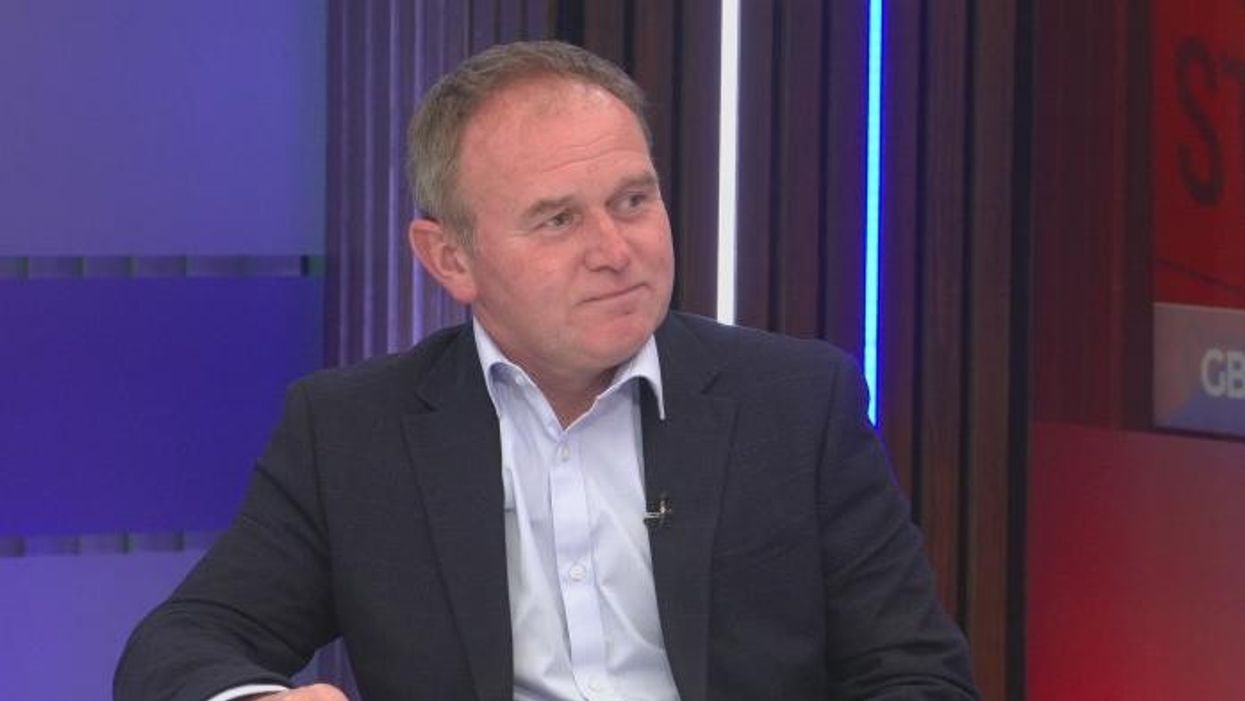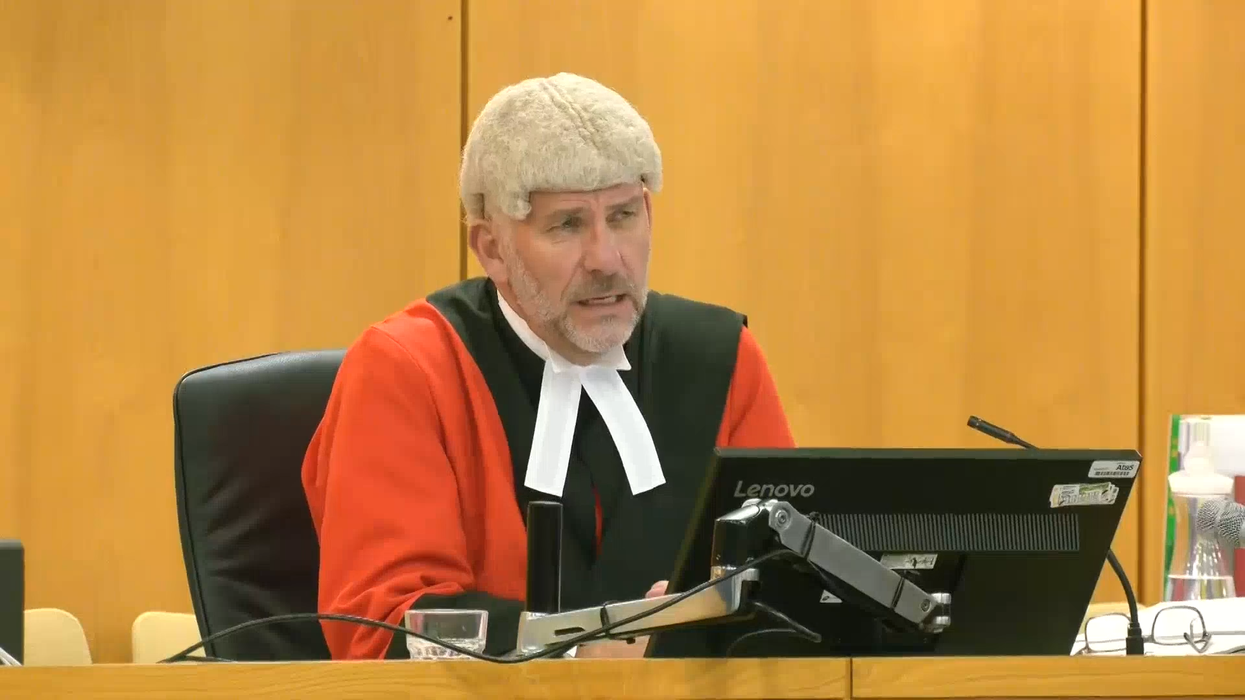
A former government minister has said that a Labour super majority means Keir Starmer can ‘pretty much do what he likes’ based on civil service advice and ignore other views in Parliament.
George Eustice said a lack of experienced opposition in Parliament could also result in badly written laws being passed.
Speaking to GB News, George Eustice said: “I think for this [campaign] it's been particularly difficult for the Conservative Party, because they've gone into it on the ropes, 20 points behind in the polls, having already spent two years trying to change those fortunes and get some momentum behind the party, without success.
“[They were] taking a big gamble that an election would shake things up and close the gap and there isn't much evidence of that happening to date. So I think it's very difficult for the party to fight this election, but all they can do is get in the saddle every day, ride into battle and keep fighting.
“Because the one thing we do know in elections is there's losing and then there's losing badly, and there will be dozens and dozens of seats that are in contention that are on a knife edge, where the result might be settled with just a few 100 votes.
“And we need Conservative activists in those seats to be out there fighting to win those seats right up to the line.
“I think it does matter, because if you look at governments that didn't have big majorities, look at the coalition government in 2010 to 2015, they have been very sensitive to the views of Parliament and other MPs.
“Theresa May certainly did, because she had no majority. That was obviously very to wearing because Parliament had too much influence and used to hijack the agenda of government.
“But even Boris Johnson, there were times when he had to change tack a little bit because he couldn't carry parliament with him and couldn't carry his own side with him.
“So there is a difference. If you've got a massive majority of 200 plus, which some of these polls are projecting for Keir Starmer, he really hasn't got to bother about the opposition. He hasn't got to bother about his own backbenchers. He can pretty much do what he likes based on the technocratic advice he might be getting from the civil service.
“And that could become quite quickly, quite divorced from the demos, from the public and what they want to see.
“In essence, it means that the leadership are more empowered to do whatever they want, because there will be a chunk of loyalist MPs or just go along with it and it's much harder for people to launch rebellions.
“Sometimes that's a bad thing, though, because when governments try to draft legislation they don't always get it right. And parliament does have a very important scrutiny role to play, to amend legislation and to change it.
“If you can't get talented former ministers able to muster a rebellion with 30 or 40 people and challenge the authority of the government, you don't get that kind of scrutiny of legislation. People just give up, and that's actually bad for your democracy.”
WATCH ABOVE.





















